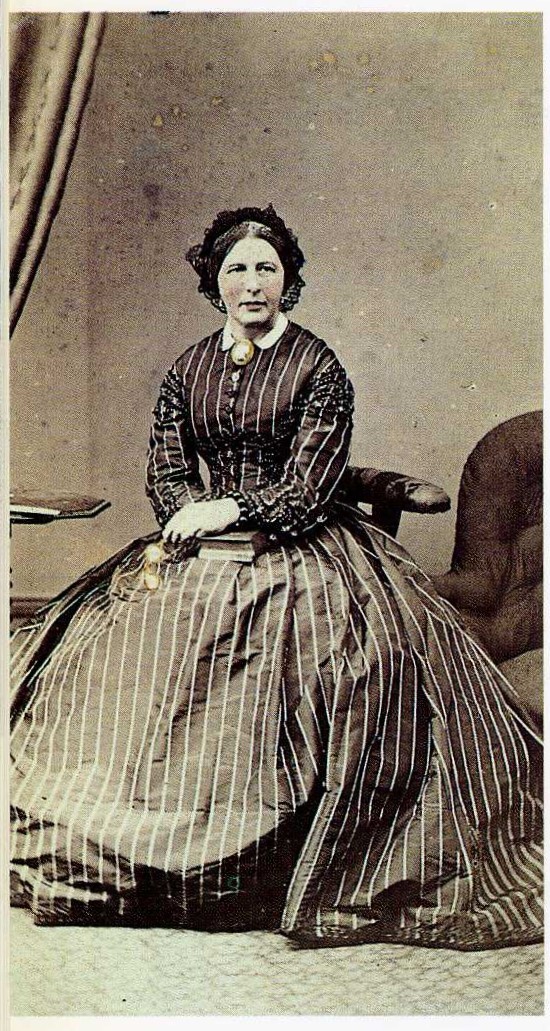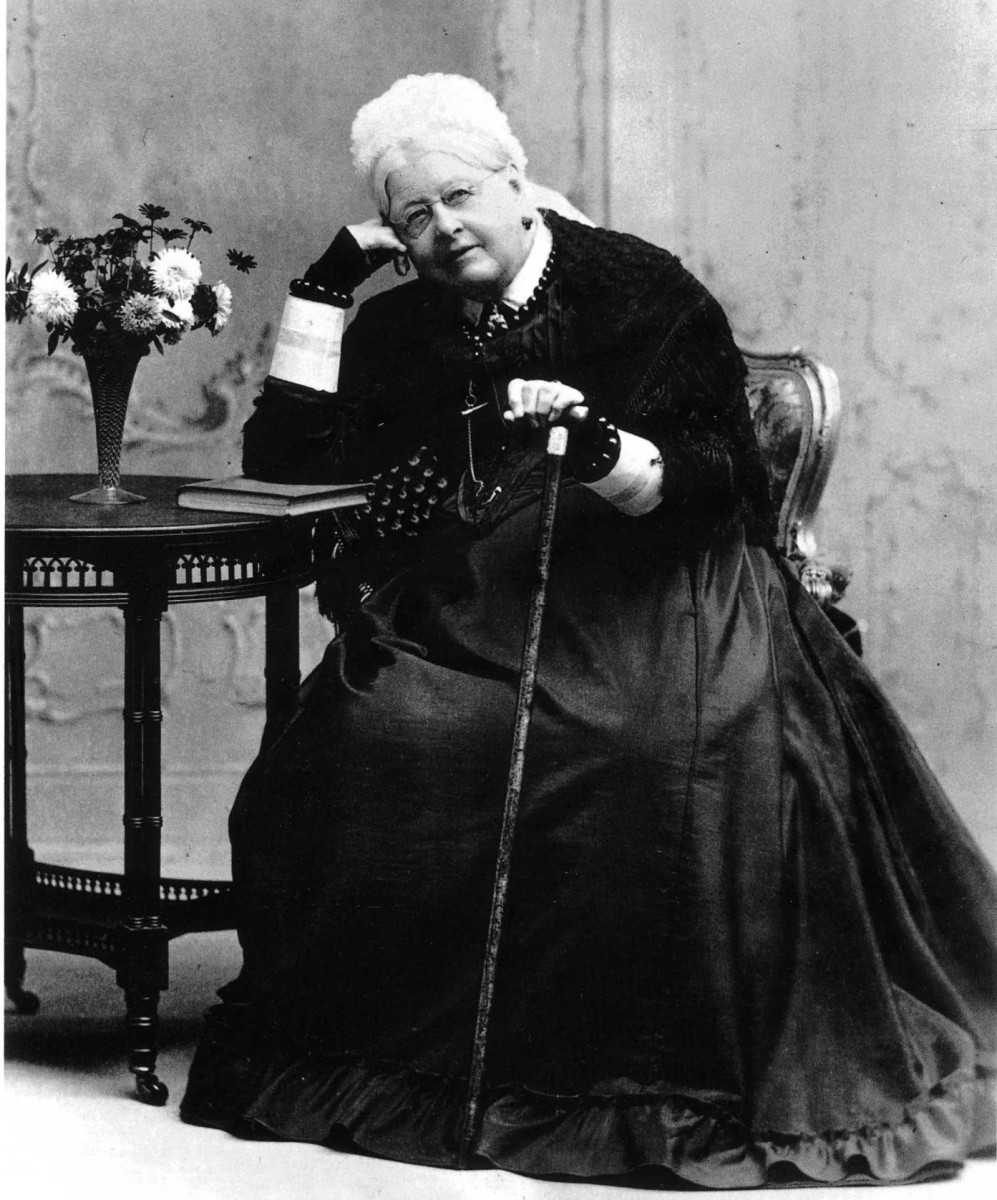Sarah Jane Fielden and her Centre Vale School
Sarah Jane Fielden was from the Yates family of Liverpool. Wealthy, entrepreneurial, public benefactors, the Yates family had strong links to Unitarian beliefs. While some branches of the family were abolitionists others owned plantations and slaves in America.
Before her marriage to Samuel Fielden, Sarah Jane travelled widely studying the new teaching methods then developing. As a married woman she continued the Yates and Unitarian interest in education. She opened a small school in Todmorden that gained a high reputation before establishing Centre Vale School, which took in its first pupils in March 1872.
The school took about 180 pupils, mostly but not all girls, whose parents paid 4 old pence a week. [At this time a mill worker was paid between five and eight shillings a week, so this is equivalent to between 4% and 7% of the wage – or between £23.40 and £40.95 today].
Mrs Fielden was a woman of determination and, by some accounts, a sharp tongue. She was unhappy with the low standards of teaching and the lack of teacher training at that time and determined to do what she could to rectify the situation. She developed her own teaching methods. The big hall was open plan for three classes, controlled largely in silence by means of “The Signal”. There were more classes above the cloakroom.
Centre Vale School continued to be popular even after the opening of the board schools set up as a result of the Foster Education Act in 1870. Mrs Fielden was the only woman invited on to the local board. Her views expressed there were typically forthright. Like her husband ‘Black’ Sam, Mrs Fielden was not afraid to speak her mind and did not make many friends in the town. She ran Centre Vale School until her retirement in 1896. In December of the following year her son John Ashton Fielden donated the building to the new Todmorden Borough Council with the stipulation that it should continue to be used for education.
After her retirement Mrs Fielden focused on teacher training, founding and funding the Fielden Chair of Education and a Demonstration School at Owens College, now Manchester University. Due to her practical experience and strongly held views on the importance of teacher training she was invited to give evidence to the Royal Commission on Education in 1887. She remained actively involved in education matters until her death at Centre Vale mansion in 1910 aged 90.


